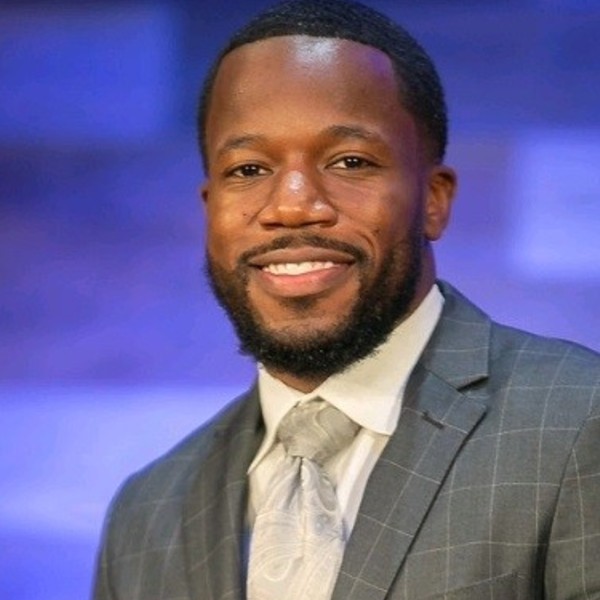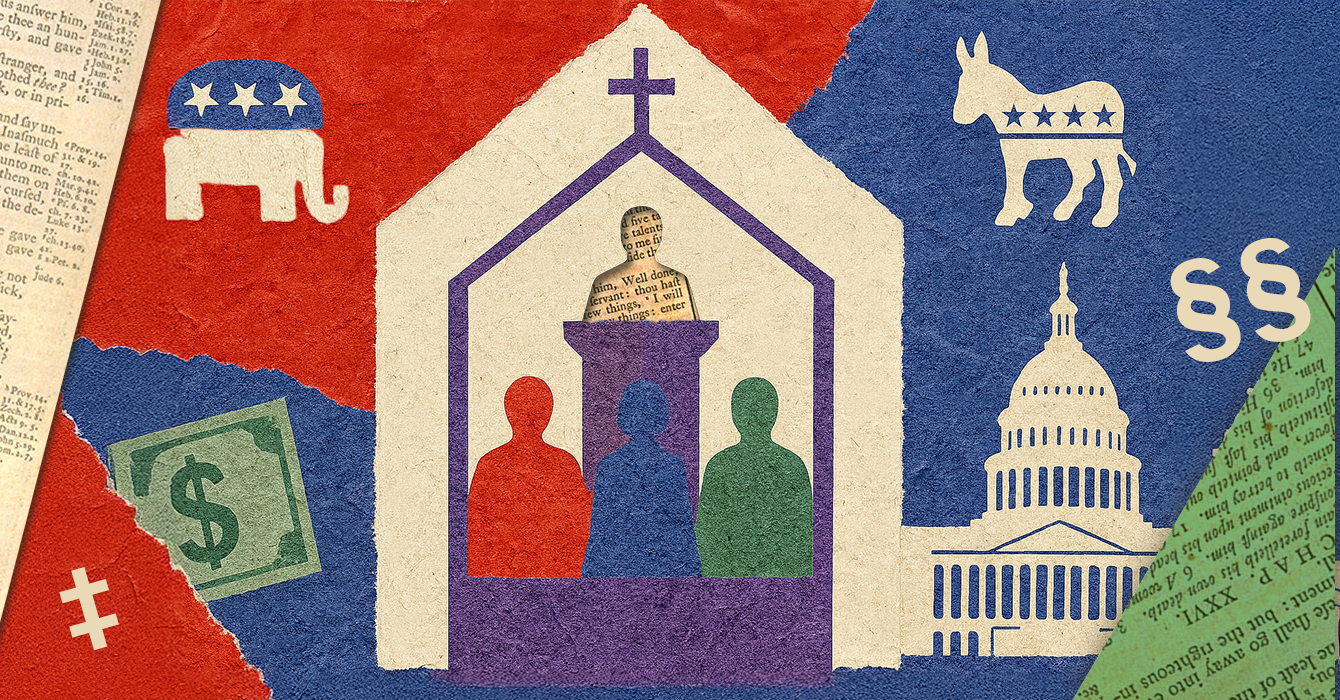Chicken Little — that prophet of doom — creates mass hysteria with the ominous proclamation, “The sky is falling! The sky is falling!”
The panicked frenzy that ensues in the well-known folktale is both unfortunate and instructive for incredulous readers who are privy to reality: this apocalyptic declaration and dread of Armageddon is, in fact, sparked by a falling acorn.
Often, the story of Chicken Little resonates with our experiences as pastors or leaders in congregations where problems are pervasive. Financial stress, aging facilities, discord among members, technological challenges, scarcity of resources, lack of volunteers, crises in the community — these all have the potential to keep leaders pacing the floor at night.
Congregational leaders and their teams can find themselves in a perpetual posture of chasing and triaging problems, becoming deflated and exhausted because they never reach a point where everything seems to be fixed. The pessimism that wafts through the air of the organization is more insidious than the problems themselves, creating a culture of despair where everyone seems to be glum and on edge, waiting for the sky to fall.
Pastors don’t surrender to God’s call because of an insatiable desire to simply “put out fires,” so remaining inspired as visionary leaders under such circumstances is extremely challenging. The yes we give to God, generally after intense, internal wrestling, is because we believe, as professed in the simple grace prayed over our meals as children, “God is great, and God is good.”
Pure, unrelenting hope is found in this great and good God who will perform wonders to drive out evil and bring about God’s good purposes in this world. This conviction ignites a fire and passion for participating in God’s redemptive work. After all, we are proclaimers of the euangelion — the good news — who seek to galvanize others around a common dream for good.
In my own context, it was our compelling vision to disciple the next generation that opened the eyes of two staff members to the possibility of outside funding toward this effort. Lilly Endowment Inc. was seeking applicants for its Nurturing Children Through Worship and Prayer Initiative; they saw the alignment with our vision and encouraged us to apply.
We had never pursued a grant of this magnitude before, but our faith in the power of God led us to magnify possibilities over potential impediments. We prayed, applied, prayed some more. In God’s abundance, we were notified that the church was awarded a $1.25 million grant!
I share this to encourage any pastor or leader who is doing the good work of galvanizing God’s people to pursue good. Continue pointing and looking upward, because God’s blessings still rain down.
Orienting our congregations and ministries around promising possibilities and expectation of good is more personally rewarding and congregationally enriching than staying in a constant orbit of the ominous. This orientation, which really is a reorientation for many congregations, does not happen on its own but rather through great intentionality on the part of the leaders in shaping a culture of expectancy and hope.
Working strategically in this vein is critically important, because the culture of our organizations will determine whether we are prepared to receive God’s generosity or whether God’s goodness will be missed or dismissed by doubts and fears. As evidenced in Numbers 13:25-33 when the negative report of the spies infects the Israelites’ hearts with doubt, it is possible to be on the edge of experiencing the miraculous and talk yourself out of seeing the good. How many times has this happened in church business meetings?
Leaders, therefore, must first cast and continue to reiterate a God-size vision that is rooted in a deep conviction of the truth of God’s powerful ability, as communicated in Ephesians 3:20 (ESV): “Now to him who is able to do far more abundantly than all that we ask or think, according to the power at work within us …”
As nervous as this might make leaders, who are equally susceptible to being overly pragmatic or pessimistic, such a vision supplants problems as the new goal to run after and inspires congregants to offer their gifts and talents to see it come to fruition. A compelling vision can also be the seed for collective creativity in addressing challenges.
Yes, problems will arise, but problems can be viewed as barriers to overcome in pursuit of a greater purpose rather than as the purpose themselves. And problems can become further impetus for expectancy that God will “show up and show out.”
After casting a vision, our proclamation must set the people’s gaze upon God and encourage them to look with anticipation for God to give provision for the vision. We should keenly focus people’s hearts and minds on God’s omnipotence.
Acknowledging God’s power challenges our own doubts and insecurities. If God’s potency surpasses our impotence, then we cannot tailor dreams to fit what we deem conceivable or possible in our strength. This power causes the seams of our intellect to come undone, and the only appropriate response is awe and wonder; what we cannot explain or fully comprehend, we must simply believe.
Finally, our belief should be heard in our corporate prayers and seen in our response when God answers them. We must not be like the church that, praying for the imprisoned Peter in Mary’s house, decried Rhoda as being “out of [her] mind” when she reported that the liberated Peter was knocking at the door, their prayers answered (Acts 12:15).
Hope-filled congregations don’t pray puny prayers. As we pray big prayers, we must also encourage our people to open the door when God’s answer shows up. Through casting vision, proclaiming God’s power, and praying with expectancy, leaders are encouraging their congregations to look up — not at a falling sky — but at a good and great God.
Working strategically in this vein is critically important, because the culture of our organizations will determine whether we are prepared to receive God’s generosity or whether God’s goodness will be missed or dismissed by doubts and fears.




















